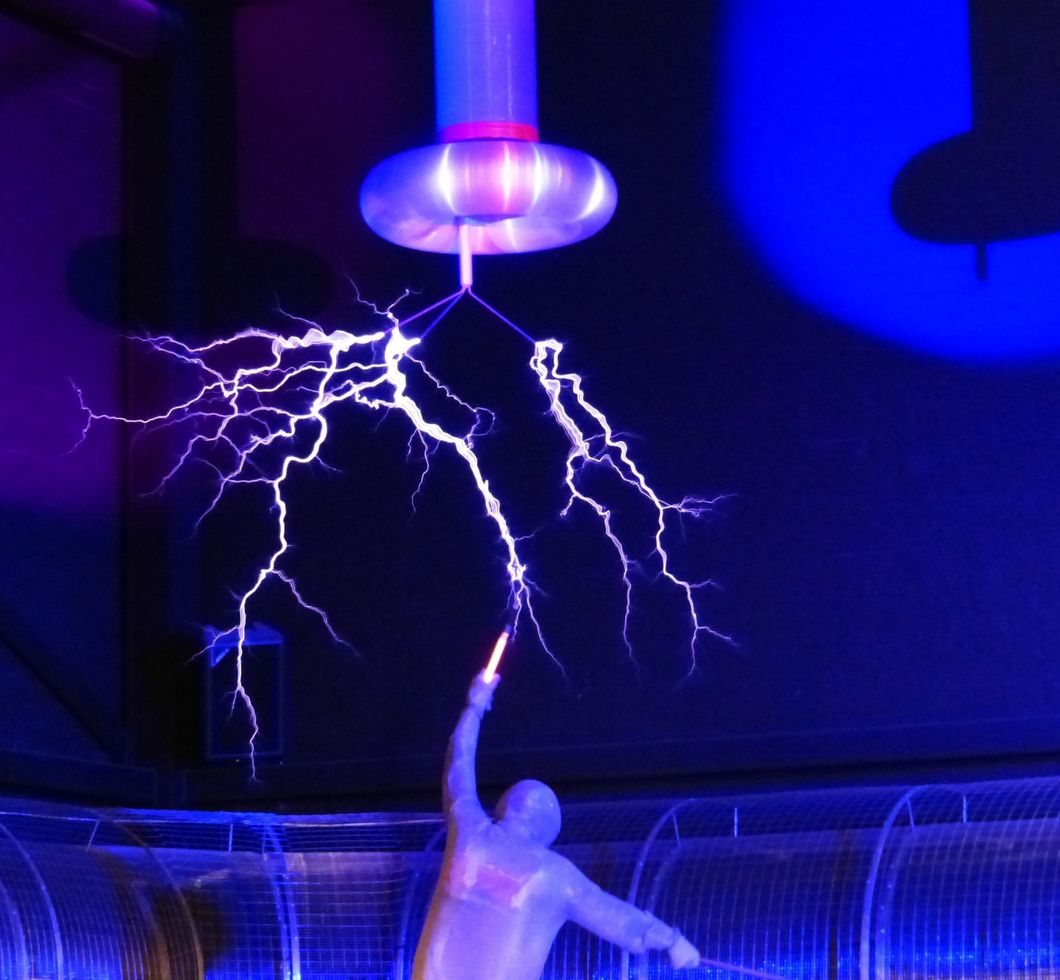In AP Psychology, we are currently in the unit of Social Psychology, so studying how we are influenced by the group and environment and opinions and thoughts and all of that. It's a really interesting unit so far, and of course, along with terms there are psychologists that we study and what they contributed to the field to bring it forward, in other words, the experiments they did and let me tell you, I've learned about some pretty crazy ones. But what I was shocked about was how far people were willing to go for the sake of science and how they get sucked into the experiments and forget about being ethical.
It's a shock to know how far people are willing to go for the name of science. The people's safety, health and beliefs are thrown out the window for the sake of discovering something that may or may not even help us. In other words, some science experiments take it way to far. For example, Philip Zimbardo's prison experiment was made to see how people will react when put into a role. He selected a group of people to be placed in a mock prison. Some would be guards and some would be prisoners. It was supposed to last 1-2 weeks. It got to the point where the people playing the guards would abuse the people acting as prisoners. The "prisoners" would have mental breakdown and rebel against the "guards". It got so bad that Zimbardo actually thought he himself was the Prison Warden and didn't do anything to stop them. In the end, it got to the point, where 6 days later, they shut down the experiment. Imagine how many more experiments were created that were completely unethical and to those who believe that it's for the sake of science, imagine if you were a subject and how you would actually feel. Those are two completely different feelings.
Here's a smaller scale. If you wanted to make someone go on a roller coaster, how far would you be willing to go? Would you make them go, despite their beliefs and fear, despite their health and safety concerns? Hopefully, you would ask or know that they have problems with doing something and not make them go and not force them or if things turned bad, you would stop.
There are limits to everything we do; our bodies aren't immortal. It's why, unlike experiments, there are no do-overs in life. Zimbardo's experiment is a great example of someone who does to far for something that shouldn't be more important than someone's life, but he could do the experiment in a different and a much safer way, he could do the experiment again for the sake of science. When you think of this as life, once something is done, such as saying an insult, you can't take it back. There's no rewind button to press, so you can get a redo.
You can learn from these unethical science experiments that were done. Other than the fact of what the scientists learned, we, as regular people, can learn that there are side effects to what we do. Like scientists, we have to worry about safety, health and beliefs of us and others, depending on the situation. Think before you do something, otherwise it's just like an untheical science experiment and there's second chances when it comes to people.











